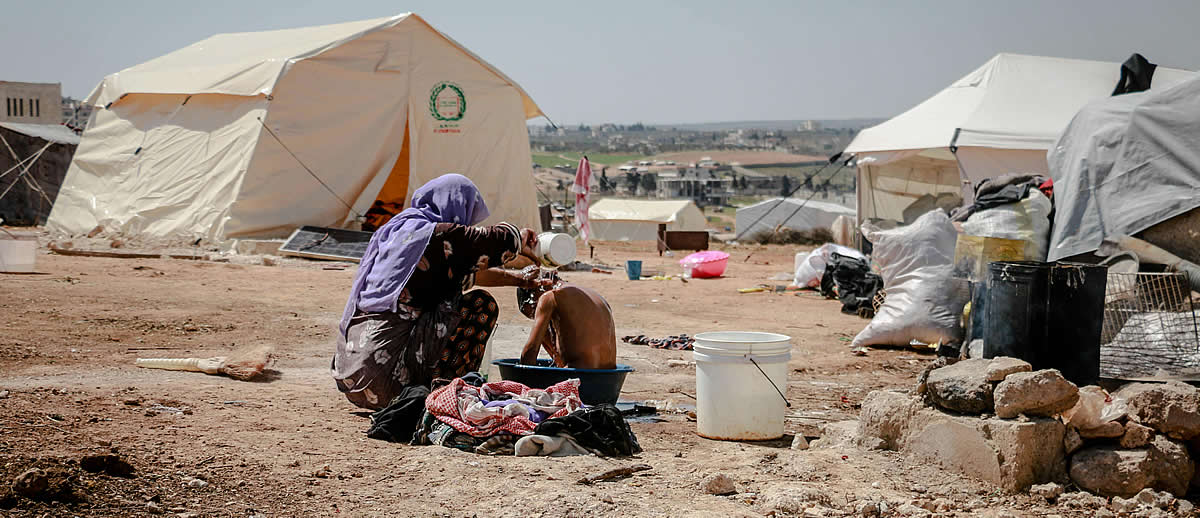Netherlands Chooses Military Over Aid: How Tax Havens Undermine Democracy

Photo © Ahmed Akacha
Military Over Aid
The Netherlands is making a dangerous choice. It’s cutting development aid while increasing military spending. Meanwhile, it helps wealthy tax evaders hide money from poor countries.
This pattern isn’t unique to the Netherlands. However, the country’s dual role makes it particularly troubling.
Aid Cuts Hit Hard
The Netherlands is slashing development assistance dramatically. The country will cut €300 million in 2025, €500 million in 2026, and €2.4 billion annually from 2027.
These cuts are massive. The development budget will shrink by €1 billion over five years. From 2027, spending will drop by €2.4 billion annually. Aid will fall from 0.62% of national income in 2024 to just 0.44% in 2029.
The Netherlands isn’t alone. Europe’s richest countries—Germany, Netherlands, and Finland—are all cutting international cooperation commitments.
Defense Spending Soars
At the same time, military budgets are exploding. The Netherlands will increase defense spending from $22.8 billion in 2024 to $31.2 billion in 2029.
This represents a historic shift. In 2024, the Netherlands’ defense budget reached 2% of GDP for the first time in decades, meeting NATO requirements.
Money is moving from helping poor countries to preparing for war.
The Tax Haven Problem
The Netherlands has another problem. It helps wealthy people and corporations avoid taxes.
New research reveals alarming trends. Countries providing the most financial secrecy are shifting toward autocracy.
European Union countries are particularly hypocritical. EU countries now supply 21% of the world’s financial secrecy. This particularly harms lower-income countries that desperately need tax revenue.
Double Standards Exposed
The Tax Justice Network found damning evidence. EU countries follow a clear pattern: they crack down on tax evaders at home but shield them abroad.
This “Jekyll-and-Hyde” behavior has real consequences. EU countries help each other chase tax evaders. However, they refuse the same help to developing countries.
Democracy Under Threat
Financial secrecy doesn’t just drain government resources. It also undermines democracy itself.
The pattern is clear worldwide. Financial secrecy and autocracy are moving in tandem.
When wealthy elites can hide their money, they escape accountability. This concentrates power and weakens democratic institutions.
Global Resistance Grows
Most countries want change. In 2023, most UN countries agreed that a new global tax system should be designed through a transparent, democratic process giving all countries a voice, not just the richest.
However, wealthy countries resist this democratization. They prefer the current system where they set the rules.
Trump Escalates the Crisis
The situation is getting worse. The Trump administration is demanding countries surrender their right to collect taxes from US corporations operating within their borders. It’s threatening economic consequences for non-compliance.
This represents an unprecedented attack on national sovereignty.
The Netherlands’ Critical Choice
The Tax Justice Network frames the decision starkly. Countries face a choice: “tax sovereignty at the UN or tax subjugation under Trump”.
The Netherlands is choosing a dangerous path. It’s:
- Reducing resources for global development
- Maintaining systems that drain developing countries’ tax revenue
- Prioritizing military solutions over addressing root causes of instability
- Weakening democratic accountability in global governance
A Vicious Cycle
This creates a destructive cycle. Tax havens drain resources from poor countries. This increases poverty and instability. Rich countries then respond with more military spending instead of addressing root causes.
Meanwhile, democracy weakens as wealth concentrates in fewer hands.
The Alternative Path
A different approach is possible. Countries could:
- Support the UN tax convention for fair global taxation
- Increase rather than decrease development cooperation
- Close tax loopholes that benefit only the wealthy
- Address root causes of conflict through development
True Security
The Netherlands stands at a crossroads. It can continue down the path of militarization and financial secrecy. Or it can choose democracy and cooperation.
The current path undermines the very security it claims to protect. True security comes from addressing inequality, not from military might alone.
The choice is clear. The question is whether the Netherlands will make it.

